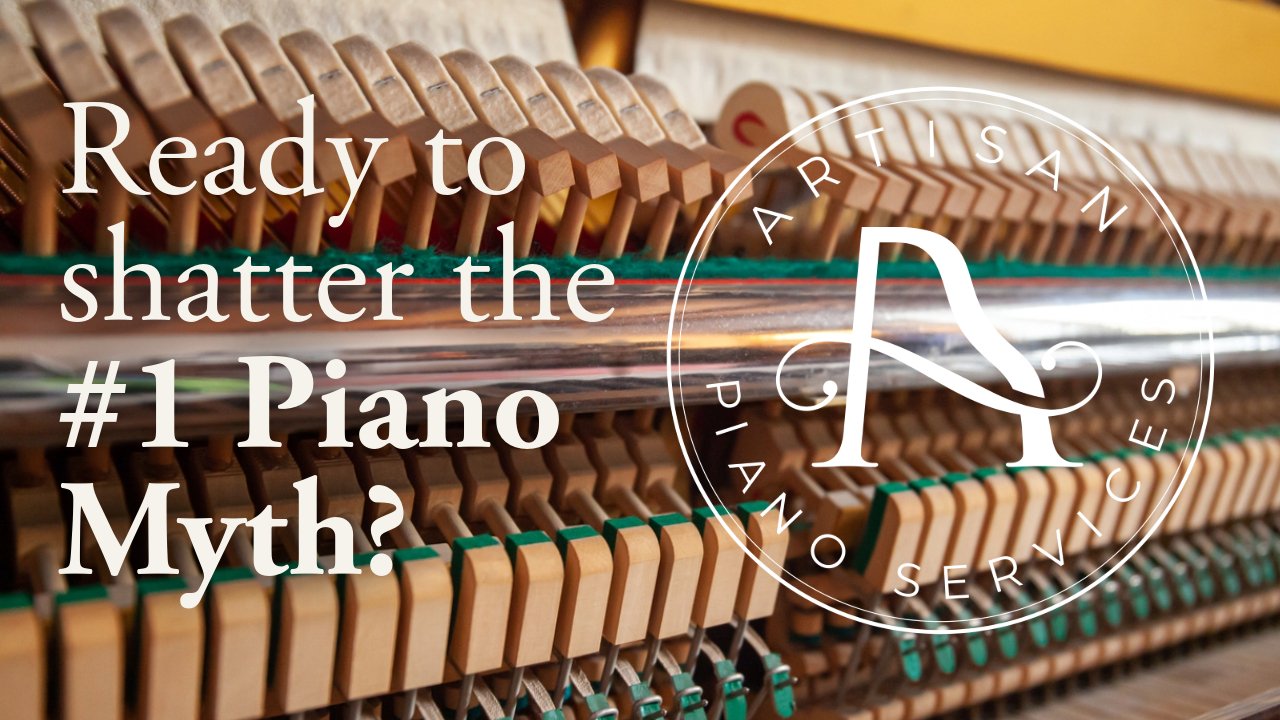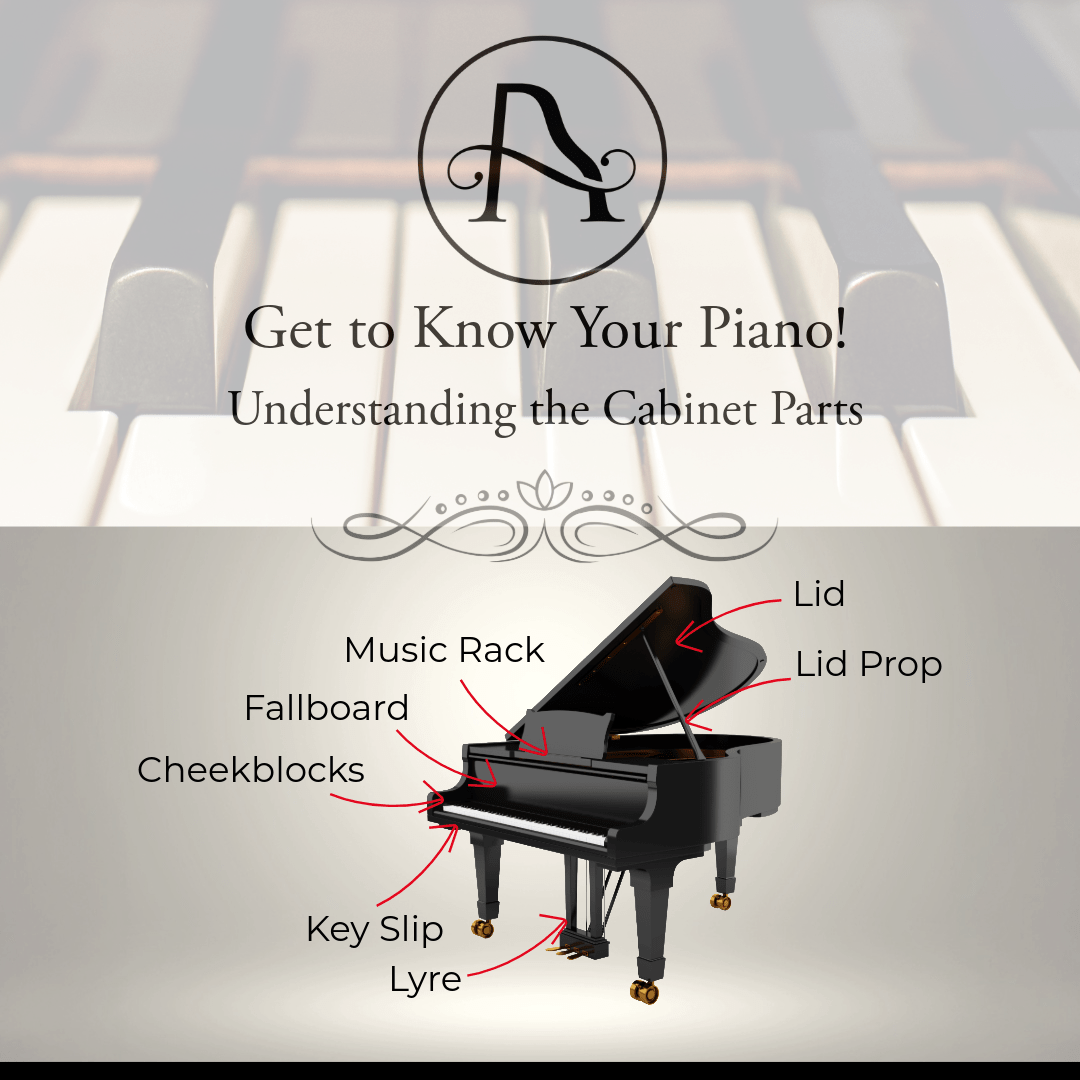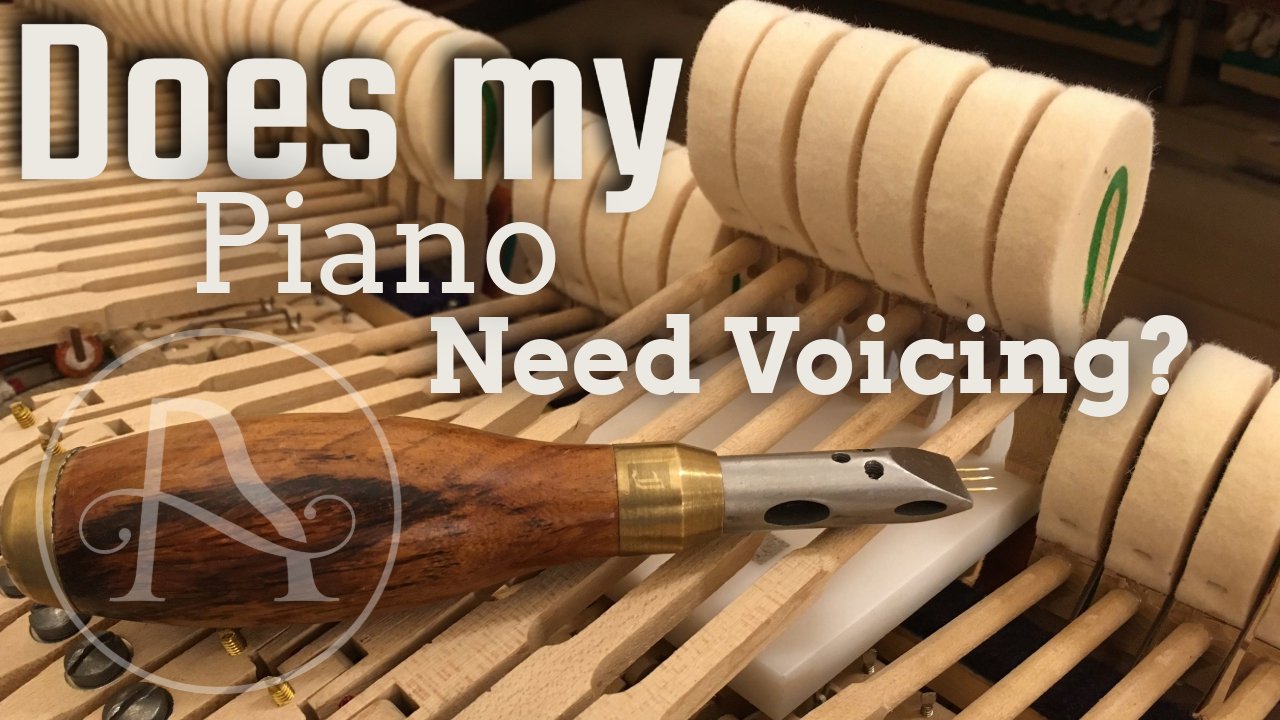7 Essentials for Peak Piano Performance

A piano is more than just a musical instrument; it's a finely tuned machine that requires meticulous care to maintain its best performance. Whether you're a professional musician or an avid enthusiast, ensuring your piano is in top condition will enhance its sound, playability, and longevity. Here are the seven key factors that every piano needs to perform at its best:
1. Tuning
Tuning is the cornerstone of piano maintenance. A well-tuned piano delivers the correct pitch and harmony, allowing each note to resonate beautifully. Pianos should ideally be tuned at least twice a year, although more frequent tuning may be necessary depending on the environment, usage, and the instrument's age. Keeping a piano in tune not only ensures that it sounds its best but also prevents undue stress on the internal components.
2. Regulation
Regulation refers to the precise adjustments of the piano's mechanical action—essentially, how the keys and hammers interact with one another. Over time, these mechanisms can wear or shift, leading to inconsistencies in touch and responsiveness. Proper regulation ensures that every key responds uniformly, providing the pianist with a consistent feel across the keyboard. This is particularly crucial for advanced players who rely on subtle nuances in touch.
3. Lubrication (All Pivot Points)
The pivot points within a piano's action mechanism must be well-lubricated to reduce friction and ensure smooth movement. Over time, lubrication can dry out or become contaminated with dust, leading to sluggish performance or even mechanical failure. Regular lubrication of all pivot points, including key pins and other moving parts, helps maintain the piano's responsiveness and longevity.
4. Pedal Regulation
Pedals are an essential part of piano performance, allowing the player to sustain notes, soften the sound, or add dynamic expression. Proper pedal regulation ensures that each pedal performs its function correctly and without excessive noise or resistance. Misaligned or improperly regulated pedals can detract from a performance, making it difficult to achieve the desired musical effect.
5. Tighten and Align Screws
Over time, screws and other fasteners within the piano can loosen due to vibration and general use. This can lead to a variety of issues, from unwanted noises to more serious mechanical problems. Regularly checking and tightening all screws and ensuring that components are properly aligned will keep the piano in good working order and prevent small issues from becoming major repairs.
6. Adjust Springs to Proper Tension
Springs play a crucial role in the piano's action, providing the necessary return force for hammers and other components after each key press. If the springs are too loose or too tight, it can affect the touch and response of the keys. Proper spring tension ensures that each key returns to its resting position quickly and smoothly, allowing for rapid playing and consistent action.
7. Voicing
Voicing involves adjusting the hardness of the piano hammers to alter the instrument's tone. A well-voiced piano will have a balanced, pleasing sound across all registers. Voicing can make a significant difference in the tonal quality of a piano, allowing it to produce a rich, warm sound or a bright, clear tone, depending on the player's preference. Regular voicing ensures that the piano's sound remains consistent and well-suited to the music being played.



